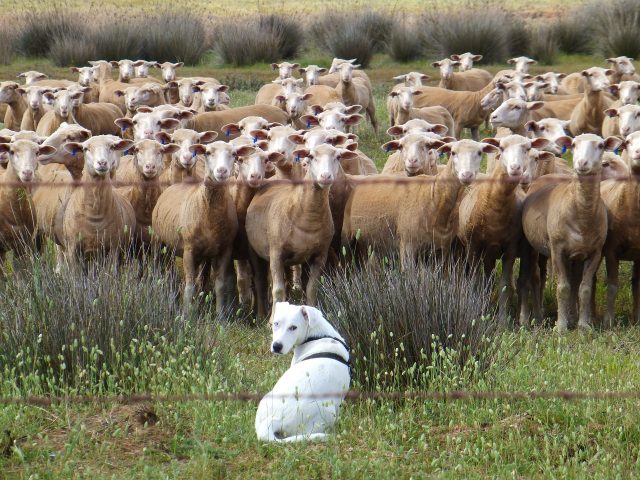
That of the shepherd is a figure that takes us back to traditions and stories thousands of years old, and it is no coincidence that the image of shepherds and the world of pastoralism are represented as protagonists in nativity scenes all over the world.
A bucolic figure certainly, but with a fundamental role in several respects. Shepherding, in fact, understood as extensive farming conducted through wild grazing, is an activity of great importance for the rural mountain and island areas of our country.
This importance is due not only to the production of milk and cheese, products that are in any case indispensable to enhance the typicality and tradition of their places of origin, but also to environmental aspects, such as the maintenance of biodiversity, the landscape and a reduction in hydro-geological risks, keeping alive and active areas that would otherwise be abandoned.
It is therefore a fundamental sector in the Italian agri-food chain, which is however going through a phase of great crisis due to the difficulties of generational change. In fact, the shepherd’s profession was historically handed down ‘from father to son’; today this chain seems to be diminishing, also due to the difficulties and uncertainties that such a profession implies.
Unlike other European countries, with Spain and France in the lead, Italy does not consider shepherding to be a profession requiring training assistance and, consequently, the repercussions of poor professional recognition fall on the sector.
A cry of alarm that seems to have been heard, however, particularly by the Italian Confederation of Farmers (Cia-Agricoltori Italiani), which has decided to take action by creating the ‘Shepherd 4.0’ project, presented during Euromontana, the European Mountain Convention held in Camigliatello Silano in Calabria.
The 3-day Calabrian event, which had the support of the Ministry of Agricultural, Food and Forestry Policies, the Calabria Region and various LAGs (Local Action Groups), thus kicked off the project designed to create a new figure of a professional shepherd, with the aim of involving the new generations and revitalising mountain areas, without losing the value and traditional culture that this figure embodies.
The ‘4.0’ shepherds will have to be modern and in step with the times, they will use GPS and drones to control the position and movements of grazing animals, while at the same time monitoring their state of health, they will have to be able to make proper use of the photovoltaic systems placed on the roofs of the stables, systems that will have a dual purpose, the reduction of costs and environmental protection.
Also under consideration is the possible use of sensors distributed in the pastures, stables and land to better direct the herds, protecting them from adverse weather conditions, for example. Of course, there will also be a role for shepherd dogs in protecting and guiding the flocks, dogs that will in turn benefit from the innovations planned to support their work as well.
Also important are the novelties foreseen from a bureaucratic point of view, as Pasquale Tridico, president of INPS, stated in his speech at Euromontana. Tridico explained that “the ‘shepherd 4.0′ project intends to reverse the depopulation trend and keep or bring young people back to mountain areas. A push that must become a driving force, to increase human capital but also the productivity of companies. In this way, the shepherd profession, which is fundamental for maintaining the territory also against hydrogeological risk, can become more attractive and profitable, thanks to innovation. It is a figure that must be protected, thinking also of contribution exemptions, so as to become a real driver of new employment’.
In short, a project aimed at relaunching and enhancing a profession that is currently unattractive to young people, also with a view to preventing the further depopulation of mountain communities in favour of the cities.
And that pastoralism is also seen with attention at the European level with regard to innovation is shown by the Agri Data Space project, financed by the Digital Europe Work Programme, to understand how the traditional agricultural sector is increasingly interested in the renewal enabled by new technologies.
Pastoralism, understood as extensive livestock farming conducted through wild grazing, is an activity that plays an important role in the rural mountain and island areas of our country. In fact, it allows not only for the production of cheeses, which express in their entirety the typicality and traditionality of the place where they are born, but also offers socio-environmental services, such as the maintenance of biodiversity, the landscape and a reduction of hydro-geological risks. Thanks to these services, pastoralism contributes to reducing the abandonment of rural areas, offering a work activity from which to derive an adequate income, and to keep these more marginal areas alive and productive.
FeMo



 Subscribe
Subscribe